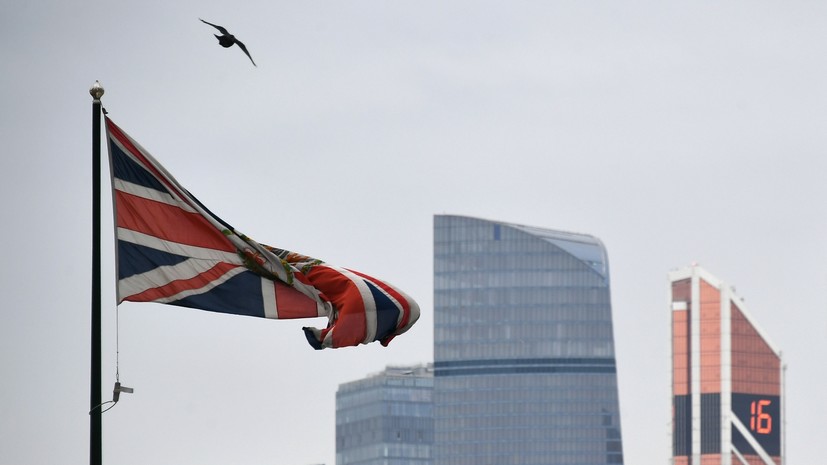The UK has expanded the list of sanctions against Russia, follows from the message of the Foreign Ministry of the United Kingdom.
One of the new restrictions includes a ban on the export or use of pounds sterling or denominated EU banknotes in Russia.
The ban also turned out to be “the provision, supply or delivery of such banknotes to a person associated with Russia” and the admission of such banknotes to circulation in Russia.
In addition, restrictions are placed on the import, purchase, supply or delivery of income-generating goods that originate in or ship from Russia.
Similar measures are being introduced with regard to aviation fuel, products and technologies for the maritime sector, oil refining, goods and technologies used in key industries in the Russian Federation, as well as components and technologies related to chemical and biological weapons.
All of the categories listed are also subject to a ban on related technical assistance, financial and brokerage services.
Since the end of February, London has introduced several packages of anti-Russian sanctions.
In particular, on March 9, Great Britain announced the introduction of restrictions on the export of aviation and space products to the Russian Federation.
On April 13, it became known about the introduction of similar measures regarding the import of steel and iron from Russia into the United Kingdom, as well as the export of quantum technologies and advanced materials to the Russian Federation.
Later, on April 21, the UK banned the import from Russia of silver, wood products and a number of high-quality products, which, in particular, include caviar.
On May 9, London announced a ban on the export of chemicals, plastics, rubber and machinery to Russia, and also raised customs duties on imports of platinum and palladium from Russia.
Subsequently, British Foreign Secretary Liz Truss said that London would impose new anti-Russian sanctions until Russia withdraws its troops from Ukraine.
As the minister said on June 21, the United Kingdom will continue to supply weapons to Ukraine and support Kyiv's attempts to "force Russia out of its territory."
Later, Russian Ambassador to the UK Andrei Kelin commented on the state of Russian-British relations, noting that below the current point there can only be a complete break.
On the air of the Solovyov Live TV channel, the diplomat noted that the British authorities are in favor of maintaining communication through the embassies.
According to him, this is necessary so that the parties can freely convey information.
"We didn't reach our goals"
Commenting on the ban on the use of the pound sterling in Russia, Associate Professor of the Department of Statistics of the PRUE.
G.V.
Plekhanova Olga Lebedinskaya noted that he would not have an impact on the life of Russians.
“Some surge of excitement is possible, but not for long.
To protect against devaluation, you can always go into coins or bullion of precious metals,” the economist said.
As Lebedinskaya noted, non-cash conversion is preserved for businesses.
“Companies have previously been looking for reserve currencies for contracts, now this process will only accelerate,” she explained.
In turn, Vladimir Shapovalov, deputy director of the Institute of History and Politics of the Moscow State Pedagogical University, in an interview with RT, noted that the UK is one of the leading countries that pursue a sanctions policy against Russia.
According to him, the purpose of such restrictions is to cause maximum damage to the Russian economy and the welfare of our country.
“This goal is not hidden.
For the UK, Russia is an enemy, it seeks to weaken Russia.
As for these sanctions, they will not achieve their goals, just like all the previous ones,” the analyst concluded.

